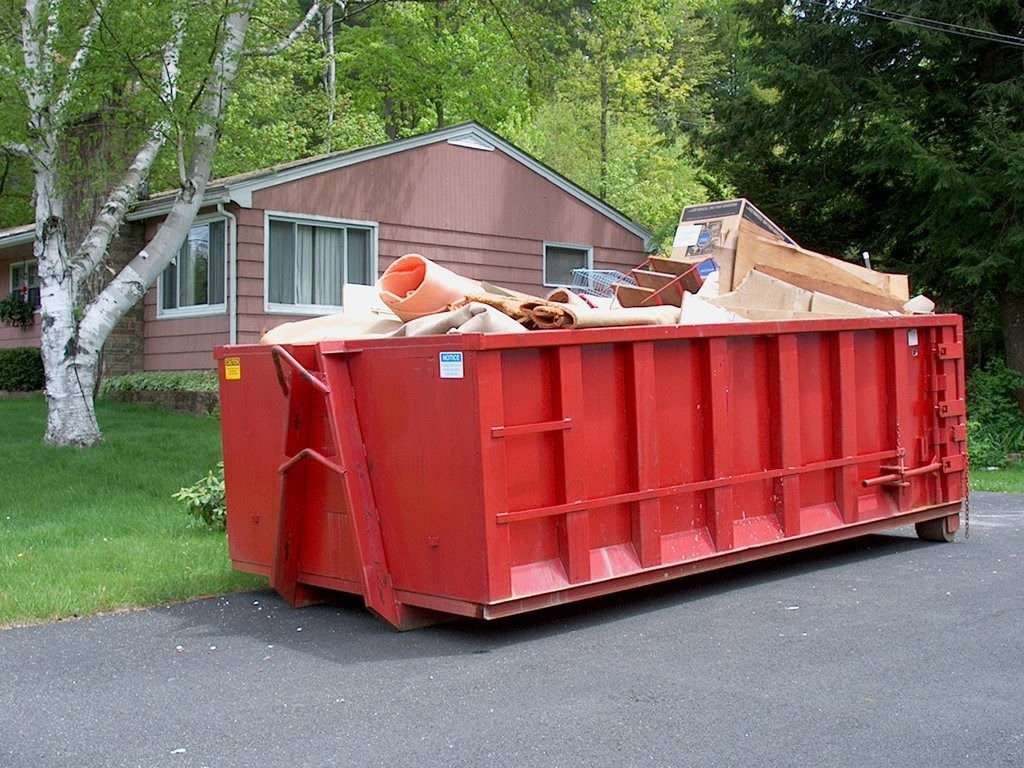Commercial Waste Management Laws You Should Know
Commercial waste management extends far beyond simply disposing of trash. Today’s business landscape demands strict adherence to complex regulatory frameworks that govern how companies handle, transport, and dispose of waste materials. Understanding these legal requirements protects your business reputation, ensures operational continuity, and demonstrates corporate responsibility.
Understanding Key Local and Federal Regulations
The Environmental Protection Agency (EPA) establishes the foundation through the Resource Conservation and Recovery Act (RCRA), which governs hazardous waste handling from generation to final disposal. This “cradle-to-grave” approach requires businesses to track materials throughout their lifecycle, ensuring proper classification, storage, and disposal methods.
Federal regulations intersect with state and local ordinances to create layered compliance requirements. Many municipalities impose specific commercial waste disposal quotas, mandatory recycling percentages, and restrictions on certain waste types. Construction businesses must navigate additional regulations regarding debris disposal, asbestos handling, and lead-based material removal.
Industry-specific regulations add complexity. Healthcare facilities face strict medical waste disposal requirements, while restaurants must comply with grease trap regulations and food waste standards. Manufacturing operations encounter specialized chemical disposal protocols based on production processes.
Local zoning laws frequently dictate dumpster placement requirements, pickup schedules, and noise restrictions. These regulations change rapidly, making ongoing compliance monitoring essential.

Request A Free Quote
Implementing Proper Waste Disposal Methods
Legal compliance requires systematic waste segregation beyond basic recycling. Businesses must properly separate hazardous materials, electronic waste, organic matter, and recyclable materials according to regulatory standards. Mixing prohibited materials can result in entire waste loads being rejected, creating expensive complications.
Hazardous waste classification demands attention, as common business materials: batteries, cleaning solvents, fluorescent bulbs, and electronics require specialized disposal procedures. The EPA’s hazardous waste determination involves characteristic testing and listed waste identification that businesses must implement.
Commercial recycling compliance involves meeting minimum diversion rates while ensuring materials meet quality standards. Contaminated recycling streams trigger penalties and processing surcharges that significantly impact disposal costs.
Liquid waste disposal presents unique challenges, as most commercial dumpsters cannot legally accept liquids, paints, or chemical solutions. Businesses must arrange specialized disposal services for these materials to maintain regulatory compliance.


Serious Penalties for Non-Compliance
Commercial waste violations carry substantial consequences that severely impact business viability. EPA violations result in fines ranging from thousands to millions of dollars, depending on violation severity. Repeat offenses trigger escalating penalty structures that quickly overwhelm budgets.
Beyond monetary penalties, non-compliance can trigger operational shutdowns, permit suspensions, and mandatory corrective actions that disrupt operations for extended periods. Legal proceedings involve costly expert testimony, environmental assessments, and remediation requirements exceeding initial violation costs.
Criminal charges may apply in cases involving intentional violations or environmental damage, potentially resulting in personal liability for owners and managers. Insurance complications frequently arise from violations, as many policies exclude coverage for regulatory penalties and environmental damage.
Critical Recordkeeping and Reporting Requirements
Comprehensive documentation forms the backbone of commercial waste compliance programs. Businesses must maintain detailed records of waste generation, classification, storage, transportation, and disposal for specified retention periods varying by regulation and jurisdiction.
Manifests and certificates of disposal provide legal proof of proper waste handling, protecting businesses during regulatory audits or investigations. These documents must include specific information about waste characteristics, quantities, handling procedures, and disposal facility certifications.
Regular reporting requirements vary by industry and waste type. Many businesses must submit annual waste generation reports, recycling compliance documentation, and specialized forms for hazardous materials. Missing reporting deadlines triggers automatic penalties regardless of actual compliance status.
Partner with Us for Compliance Peace of Mind
Navigating commercial waste regulations shouldn’t distract from core business operations. Our experienced team understands the complex regulatory landscape and provides comprehensive compliance support that protects your business while streamlining waste management. Contact us today to ensure your commercial waste practices meet all regulatory requirements and position your business for continued success.

